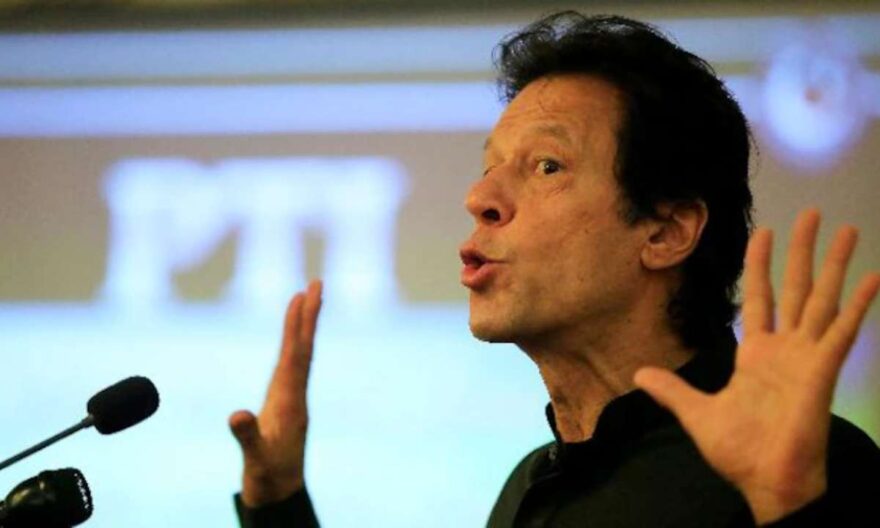
The Supreme Court of Pakistan recently dismissed a plea filed by former Prime Minister Imran Khan, seeking to halt the trial court’s proceedings in the Toshakhana case, as reported by Dawn. Last year, the Election Commission of Pakistan (ECP) disqualified Imran Khan, the Chairman of Pakistan Tehreek-e-Insaaf (PTI), under Article 63(1)(p) of the Constitution, citing “false statements and incorrect declaration” in the Toshakhana reference.
In May of this year, the Islamabad Additional District and Sessions Judge (ADSJ) Hamayun Dilawar rejected Khan’s challenge to the maintainability of the Toshakhana reference and charged him in the case. The decision of the trial court was challenged before the Islamabad High Court (IHC), which sent the case back to the former on July 4 for re-examination within seven days, considering legal questions to determine the reference’s maintainability.
In response, Imran Khan moved the Supreme Court, urging it to set aside the IHC directive and requested a stay on the proceedings before ADSJ Dilawar until his appeal was decided. The PTI chief’s appeal was represented by senior counsel Khawaja Haris Ahmad.
During the hearing, the PTI chief’s lawyer stated that two pending petitions with the IHC concerned the trial court’s jurisdiction and the transfer of Imran’s trial from the court of ADSJ Dilawar. The ECP’s lawyer mentioned that the IHC’s order had already been implemented, and a hearing on a petition against the trial court order was scheduled for the next day.
The two-member bench, consisting of Justice Yahya Afridi and Justice Musarrat Hilali, noted that since the two pleas were before the IHC, issuing directives to the trial court would not be appropriate. The court expressed hope that the IHC would hear all identical petitions filed by the PTI chief related to this case.
Eventually, the two-judge bench rejected the PTI counsel’s plea to halt the criminal proceedings and referred the case back to the IHC, disposing of the petition.
The petition brought by Imran Khan before the apex court argued that the IHC was not legally justified in remanding the same legal questions for re-determination by the same trial judge who had already given his judgment. Khan claimed that the IHC’s decision to remand the matter back to the trial court was an error, especially considering his application for the transfer of the complaint from the trial judge to another court.




